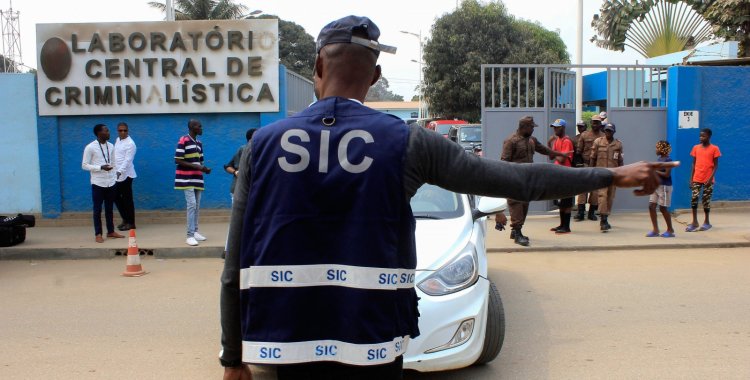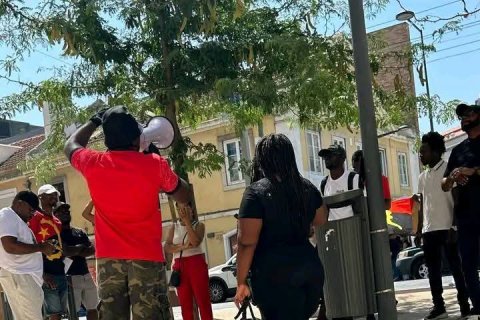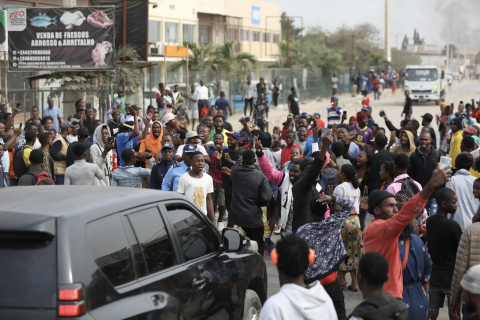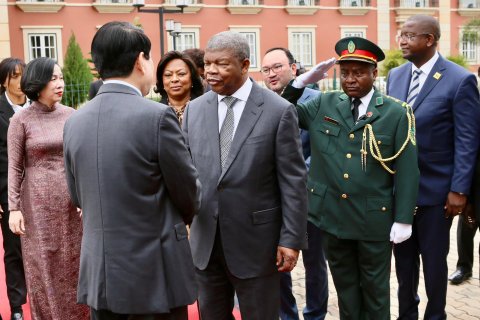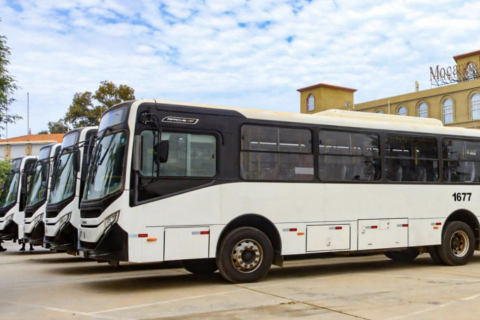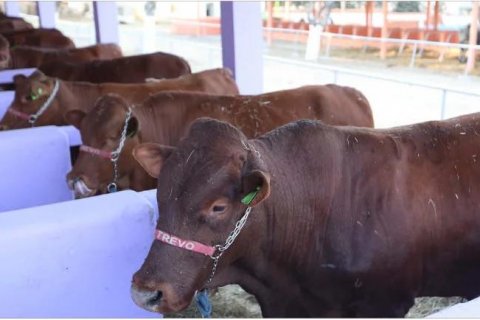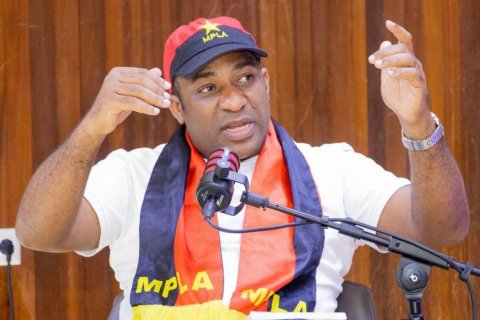According to the SIC statement, following the arrest of three nationals, the investigation also led to the arrest, on Thursday, in Luanda, of two Russian citizens, "due to strong evidence" of the aforementioned crimes, on suspicion of "recruiting and financing national citizens to produce propaganda materials and disseminate false information on social media, promote demonstrations, and commit looting."
The police operation follows "a thorough ongoing investigation, which revealed that these individuals are linked to international criminal organizations operating in Africa and are dedicated to developing disinformation and propaganda campaigns on social media in countries during the pre-campaign phase or even during electoral, legislative, or presidential campaigns, to change legally established regimes by disrupting the order," the statement describes.
The SIC emphasizes that "it determined their direct participation in the criminal association with the already detained nationals. During the micro-operation, it was possible to seize various pieces of evidence, such as: computers of various brands, memory cards, external hard drives, flash drives, several cell phones, SIM cards, various documents, and receipts of financial transfers for the purpose of committing the criminal activity."
In the same operation, monetary amounts in US dollars, kwanzas, and rubles were seized.
The statement emphasizes that the SIC is on the trail of other already identified suspects who received the amounts in US dollars and kwanzas, which were allegedly used to finance demonstrations in the provinces of Luanda and Benguela.
The three nationals were arrested for crimes of criminal association, document forgery, terrorism, and terrorist financing.
These arrests, as can be read in the same note, are justified by evidence of the commission of crimes ranging from criminal association, instigation of acts of subversion against public order and manipulation of information using digital platforms, the document highlights.

